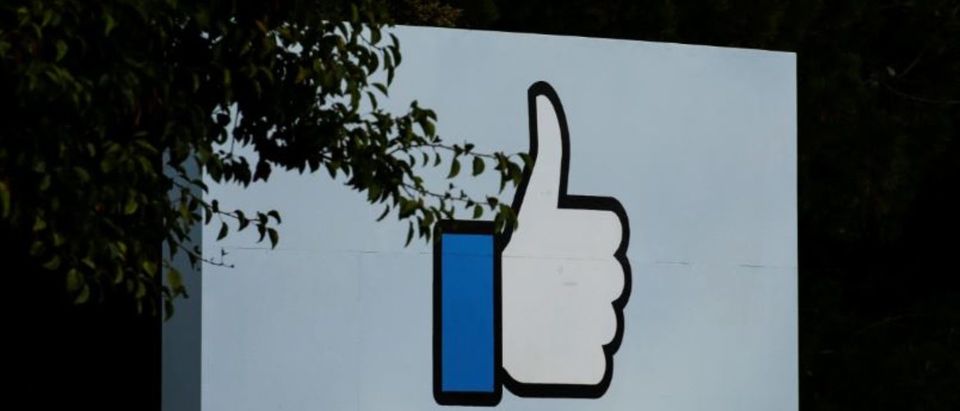If only Christopher Hitchens were still alive!
The Vanity Fair and former Nation journalist died of esophageal cancer at age 62 in December 2011. He would have a field day with today’s strange new world: the 2016 election, the Clintons (whom he detested), Trump’s presidential antics, Brexit (born a Brit, Hitchens became an American citizen), social media, artificial intelligence, and the 2020 presidential candidates.
Hitch was a great debunker. His irreverence was exceeded only by his intelligence, his eclectic reading, and his remarkable memory. He seemed to know just about everything, and his book titles trumpeted his strong verdicts. Bill Clinton was skewered in “No One Left to Lie To,” and his slim, scathing volume about Mother Teresa was titled “The Missionary Position.” There was, however, one unassailable Hitchens Hero: novelist and essayist George Orwell.
Hitchens’s 2002 book, “Why Orwell Matters,” is worth reading today. Hitchens praised Orwell as a relentless champion of liberty and equality whose vision embraced “a society of free and equal human beings.” Orwell despised communism and fascism, and his novels “Animal Farm” (1946) and “Nineteen Eighty-Four”(1949) warned about the danger of “Big Brother” governments that adopt authoritarian tactics against the governed.
Orwell never knew the Internet, but he surely would have been concerned about how social media platforms operate, with business models heavily reliant on algorithms that maximize profits by freely mining individual data at the expense of privacy. And that’s the problem: a Faustian bargain that says “give us your personal data in exchange for free services.” Governments now justify enhanced surveillance in exchange for enhanced security. As Hitchens wrote, Orwell believed deeply that “there should be no utilitarian tradeoff between freedom and security.”
To her credit, Sen. Elizabeth Warren (D-Mass.) recognizes the dangers described by Orwell, and that is why she pledges to break up the big data-driven tech companies if she becomes president. Warren is not alone. The pushback is already starting: the European Union has adopted internet rules (the General Data Protection Regulation) that strengthen individual privacy, is pursuing vigorous antitrust enforcement, and has levied substantial fines against Facebook and Google. We can expect continued congressional hearings that will examine these firms’ business practices, their privacy protections, and their profits.
Hitchens probably would have panned Warren’s fake populism (“I’m a gonna get me a beer”) and her ludicrous Cherokee-heritage claims (“my papaw had high cheekbones”). But the irreverent journalist and the consumer-oriented senator probably would have agreed on curbing social media platforms, enforcing antitrust laws, and forcing changes to existing business models that mine “free data” while offering inadequate privacy guarantees. Warren deserves credit for pressing these issues.
Machines governed by algorithms (mathematical problem-solving formulas that impose a set of rules designed to seek, identify, and capture patterns) now impact increasing aspects of contemporary life. This development is not inherently bad. Algorithms drive a significant portion of daily stock-market trading. Driverless cars use algorithms to process information faster than human brains. Algorithms now fly planes and track our Internet activity, including our daily movements based on our cellphone locations.
Edward Snowden’s massive data dump revealed that former Director of National Intelligence James Clapper lied to Congress when he told Sen. Ron Wyden (D-Ore) that the government was not collecting personal data on American citizens. The government was scooping up everything it could find and relying on algorithms to search that information for potential terrorist threats.
When algorithms become linked with the brave new emerging world of artificial intelligence, however, there is the potential for both good (health care, fraud prevention, driverless cars, airport facial recognition) and bad (China’s plans to use AI for political monitoring through a “social credit system” that tracks citizens and bolsters Communist one-party political control).
Along with Hitchens and Orwell, Elizabeth Warren worries about tradeoffs between freedom and security. We need to tame the use of algorithms and make them work for us, not against us. What makes us human is our personal interaction with other humans, not with machines.
“Orwellian” is now applied to situations involving official government deception, extensive secret surveillance, and evading reality through lies and misleading information. George Orwell and Christopher Hitchens are no longer with us, so we need crusaders like Elizabeth Warren (and others) to ensure that our world remains governed by humans and not by machines responding to impersonal mathematical formulas.
Charles Kolb served as deputy assistant to the president for domestic policy in the Bush White House from 1990-92.
The views and opinions expressed in this commentary are those of the author and do not reflect the official position of The Daily Caller.


